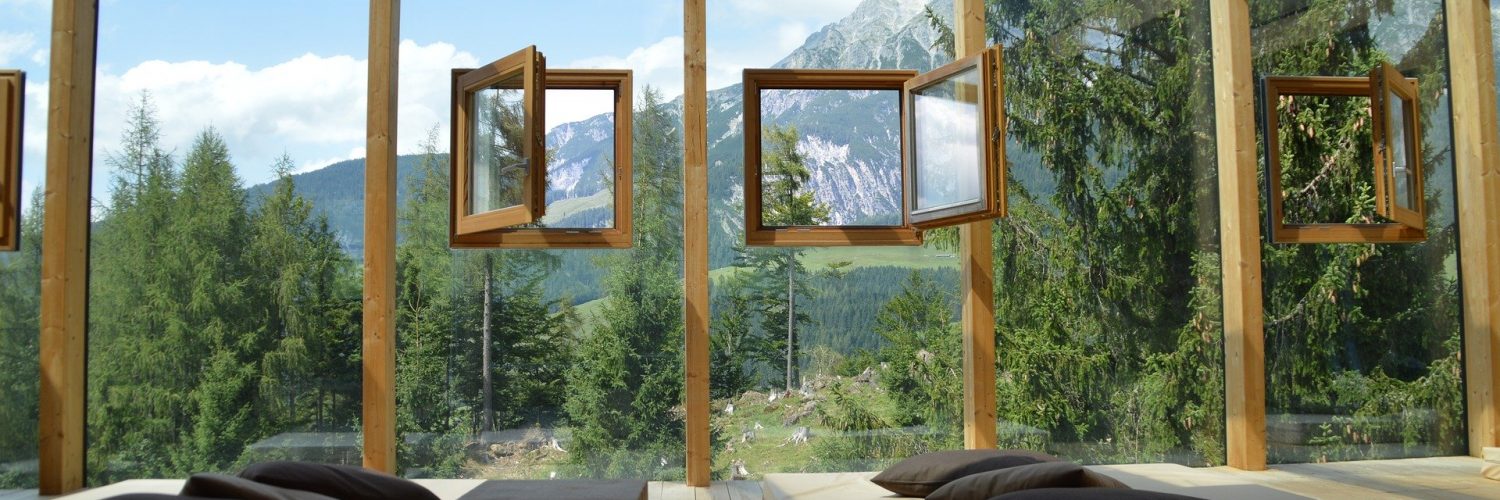Origins
Storytelling has been used since the beginning of times. There was always someone who came from afar to tell stories, legends, or describe what they had seen (or they said they’ve seen).
In the Middle Ages, the bards did that job. They travelled from village to village sharing stories, adding a bit of fantasy here and there to make them more exciting, more appealing to their public. Their income was based on the success of what they shared, so they had to be imaginative.
Even the kings had their own bards, entertainers who would share fables and jokes to amuse their employers…sometimes risking their own life if they did not well.
Storytelling and the mass media
Fast-forward to the 20th century, and we get the press, the TV, and new media to reach mass audiences. New products that need to be known, and that is the rise of the advertising agencies, the Mad Men, and all the focus groups and social engineering behind their campaigns.
A few examples that will come to mind: Disney, McDonalds, Apple, Guinness…large corporations that spend enormous amounts of money to create a compelling story, so that it reaches your emotions, and next time you shop, your subconscious self will direct you to that product because of what you saw on that ad.
Storytelling in Hotels
Now, let’s move into our industry, hospitality. Hotels sell rooms and restaurants sell food. How do we translate that into an appealing feeling? Storytelling. Bingo!
Challenge is when everyone says “oh, sure, we don’t sell rooms/food, we sell experiences”. As a slogan, it’s not bad, although a bit overused. But, in all honesty, what are you as a hotelier doing to make sure your guest really experiences something to remember?
It’s not just putting pressure to the marketing department to be creative. It’s the way we interact with our guests and clients at every touch point. From the moment they review our website, to the time they call on the phone. When they end up booking to the arrival. Their time at the pool. Their experience at the restaurant. The check in and check out, and each time they pass by the concierge. Are we really making them feel special?
I want to dig deeper into two points: the check in and how rooms or services are upsold; and the way dishes are presented at restaurants.
Check in, upsell and storytelling
When it comes to describing a room the receptionist wants to upsell, she can not just focus on what the guest will find in the room: more space, a Nespresso machine, a sea view. These are facts. I can read that online. I don’t need a professional to read out loud what I can read by myself.
What I expect that person to do, as a guest, is to transport me mentally to that other room. And tell me how I’m going to feel enjoying that amazing view in the privacy of my own balcony. How romantic the sunset is, and how much fun my kid will have in a bathtub full of bubbles. That receptionist should be able, thanks to her storytelling skills, to achieve that when I close I eyes, I can visualize myself in that environment. Having a magic time. Because if she achieves that, the answer to her suggestion will most likely be a yes.
Storytelling and food
The same applies to F&B venues. I go to a restaurant. Read the menu. The waiter takes the order and delivers it. Where is the charm? Why would I go back to that place? Food tasted good. Well, food tastes good in 95% of places that are open. That does not make them special. Venue was lively and well decorated. And the staff is well educated and attractive. Ok, fine, 50% of outlets tick those boxes too. But I’m missing the most important point. The human interaction, the way they should engage with me. The storytelling.

Fine dining restaurants tend to use exotic ingredients, which in many cases are unknown by their customers. Does the waiter know the origin of each ingredient? How they look? How they taste? Because he can only build up a story if he knows the background behind it. As a manager, you can’t aim to have a workforce of robots, just repeating a story their supervisor or marketing colleague told them. You must want them to be passionate, to love food and drinks, to enjoy what they do and what they serve.
Training, motivation & passion
All these also connects with the motivation we mentioned in another article. But focusing on the storytelling, the waiter should be able to describe the dish in such a mouth-watering way that the customer can almost taste those ingredients, feel the crunchiness of that veggie or the floury taste of that imported tubercle.
Because at that stage, he will be ready to be taken into that trip, that experience that will make him be away of all problems for those two hours that the meal will last. Enjoy that experience. Pay happily. Tip your staff and leave with a smile. And return. And recommend you to his friends and online. Because he enjoyed such a culinary experience. Thanks to your staff and their ability to transport them with their storytelling.
You have this article as a podcast episode too:
https://open.spotify.com/episode/713TnHp1wBQBMv0wzXpbEO#hotels #storytelling #upsell #torresconsulting #ahoraturismo



























Add comment